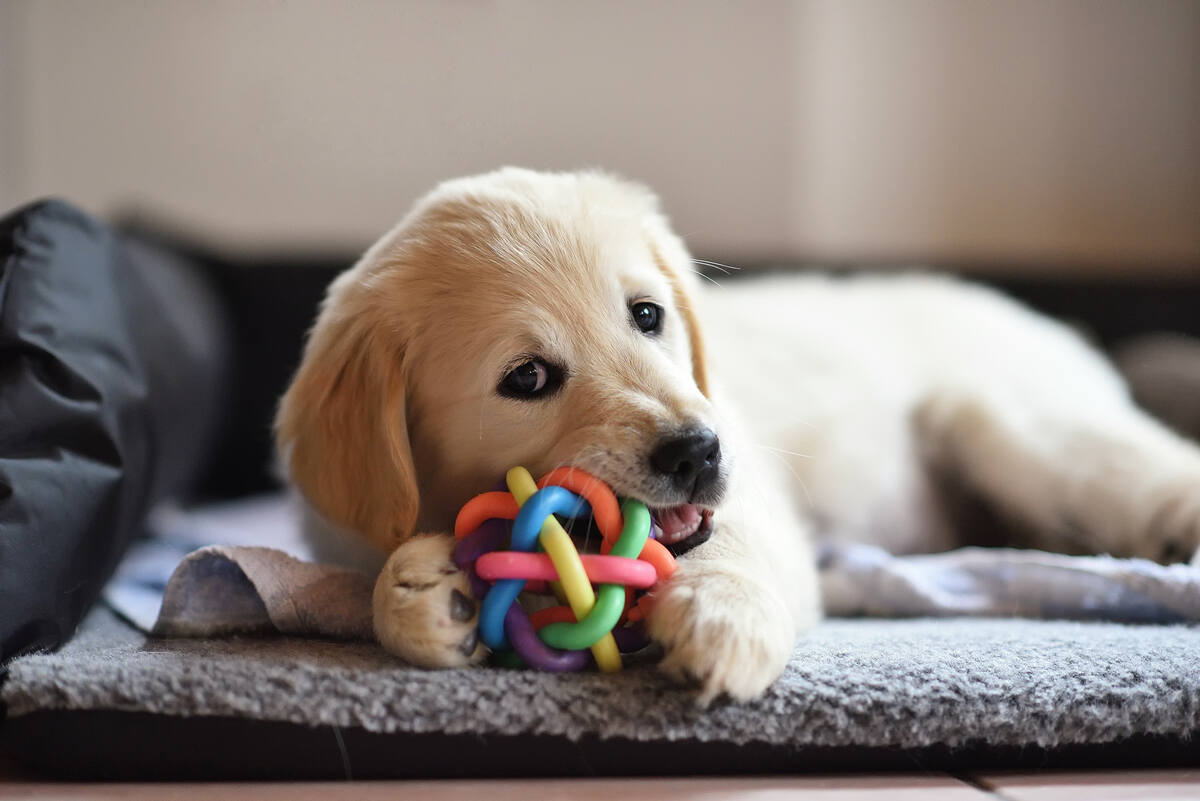Welcoming a new puppy into your life is an exciting and joyful experience. As puppy parents, it is our responsibility to ensure that our furry friends grow up to be well-adjusted, sociable, and confident dogs.
One of the most crucial aspects of puppy development is socialization. By exposing puppies to different people, animals, environments, and experiences, we can help them become comfortable and adaptable in various situations.
In this blog, we will explore the importance of puppy socialization, the prime socialization window, and guide you through the entire process with our comprehensive puppy socialization checklist.
Let’s dive right in!
Why Should You Socialize Your Pup? Understanding the Importance of Puppy Socialization
Before we dive into our puppy socialization checklist, let’s shed some light on its importance. Puppy socialization plays a vital role in shaping their behavior and overall development. It goes beyond simply introducing them to new things; it aims to create positive experiences, reduce stress signals, and prevent fear-based behavior.
When puppies are properly socialized, they become sociable, comfortable around different people, and can interact confidently with pups of different ethnicities. Additionally, socialization exposes puppies to different stimuli, making them more resilient and less likely to be fearful or anxious in new situations.
Why Socialization Matters for Your Puppy’s Development
Proper puppy socialization can help prevent fear-based behavior later in life. When puppies are exposed to different people, animals, and environments, they learn that new things are not necessarily threatening or dangerous. This positive reinforcement of good behavior can reduce stress signals, making daily life less stressful for both puppies and their parents.
Socializing puppies can also introduce them to different things they may encounter throughout their lives, such as grooming tools, fireworks, thunderstorms, canes, and veterinarian visits. By familiarizing puppies with these experiences early on, we can make them more comfortable and less anxious when they encounter them in the future.
The Impact of Socialization on Your Puppy’s Future Behavior
Adequate socialization can have a long-lasting impact on your puppy’s behavior and how they handle new things, people, and different behavior types. Puppies who have been properly socialized are more likely to be well-mannered, adaptable, and sociable dogs. They are comfortable in different environments, can handle daily life scenarios with ease, and are less likely to exhibit stress signals or fear-based behavior.
Proper socialization can also help puppies develop good leash behavior, react to positive reinforcement, and enjoy handling and grooming. By following our puppy socialization checklist, you can ensure that your pup grows up to be a confident, well-behaved, and sociable member of society.
What Is the Timeline for Puppy Socialization? Identifying the Prime Socialization Window
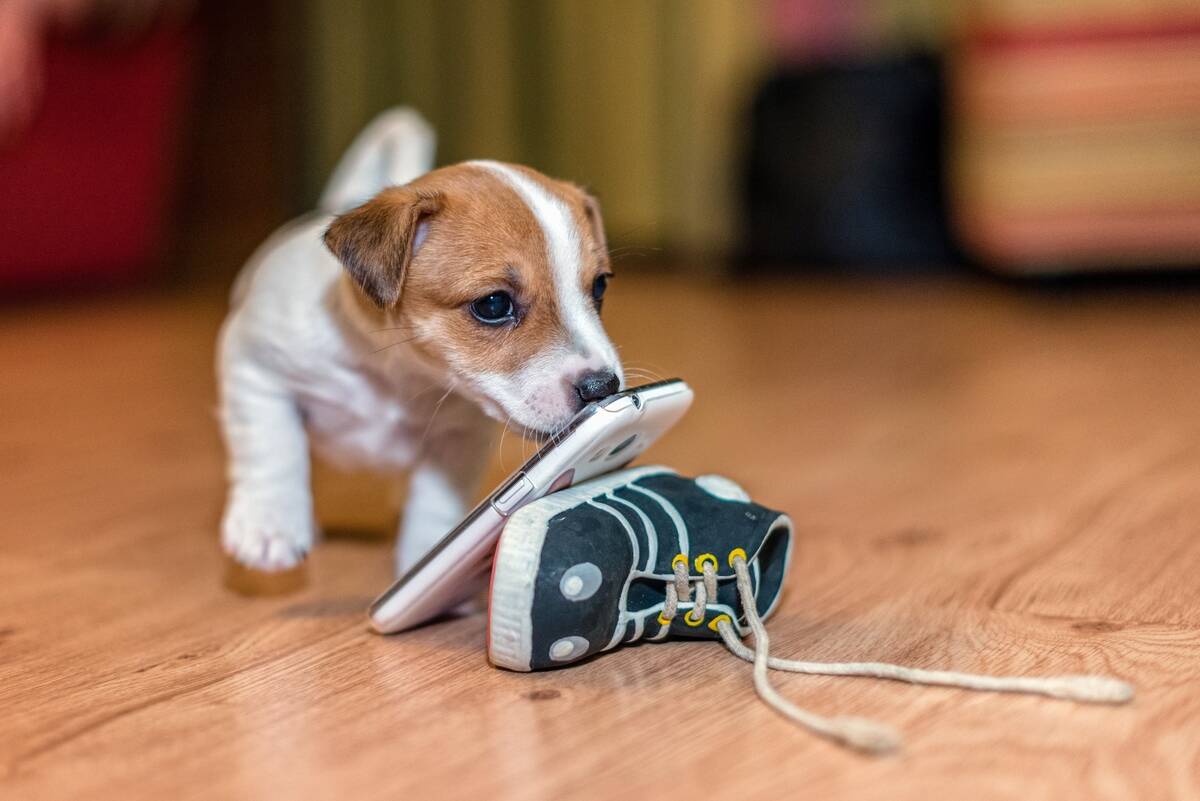
Now that we understand the importance of puppy socialization, it is crucial to identify the prime socialization window. This is the period in a puppy’s life when they are most receptive to new experiences and can learn and adapt quickly.
When Does Puppy Socialization Begin? Here’s When to Start Socializing Your Puppy
At what age is it safe to socialize a puppy? It is recommended to start socializing puppies as soon as they are vaccinated, usually around 7-8 weeks of age. At this stage, puppies can begin exploring the world around them and can be gradually exposed to new people, different behaviors, and environment types.
Introducing puppies to new people, new things, shopping areas, grooming, and daily life scenarios from an early age can set them up for success in socialization.
How Long Is the Puppy Socialization Window?
The puppy socialization window typically lasts from around 12 to 16 weeks of age. During this time, puppies are like little sponges, absorbing new experiences and learning quickly. It is crucial to socialize puppies during this window, introducing them to new things, daily life scenarios, leash behavior, and positive behavior reinforcement.
Following a comprehensive puppy socialization checklist can guide new dog parents, ensuring puppies experience different people, leash behavior, reinforcement, subreddit, and positive experience scenarios, setting them up for a lifetime of sociability and good behavior.
How to Socialize a Puppy? A Comprehensive Puppy Socialization Checklist
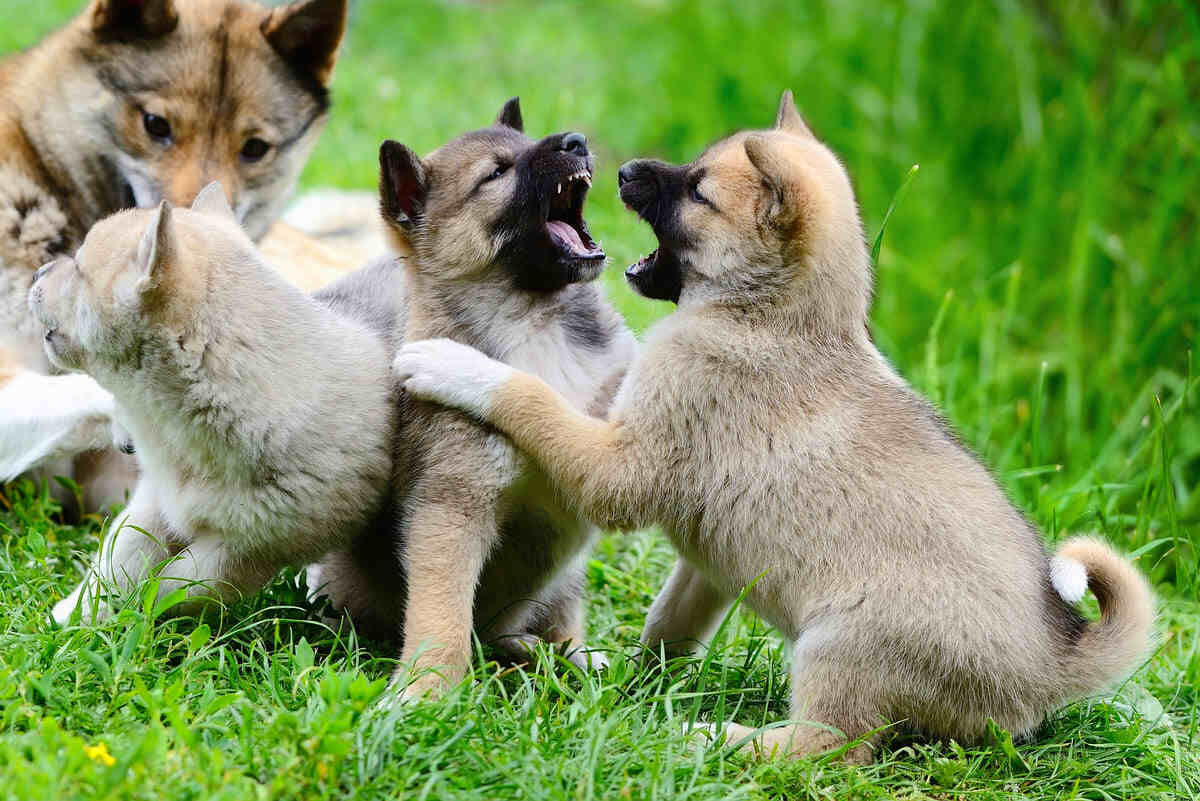
Now, let’s explore the key elements of a puppy socialization checklist. This checklist can help puppy parents ensure that they cover all the necessary areas of socialization, providing puppies with a great experience and a solid foundation for their future behavior.
1. Familiarizing Your Puppy with Different People
Getting your pup ready for the world means more than just the basics – it’s about introducing them to a whole bunch of new experiences! From meeting folks of all backgrounds to navigating bustling shopping spots and even getting acquainted with the wonders of leash etiquette, it’s a whirlwind of excitement for your furry friend.
By giving them a taste of diverse encounters and positive situations, we’re shaping them into confident, social butterflies ready to wag their way around different individuals and through any situation with ease.
2. Introducing Your Puppy to Other Animals
Exposing puppies to different animals (even a whole zoo of buddies!) is a big deal on our puppy socialization checklist! By socializing pups with various animals, puppies can learn to interact appropriately and calmly with different species. This can prevent fear or aggression towards other animals, creating positive experiences and good behavior reinforcement.
Think of it as puppy networking – by rubbing paws with different species, they learn the art of interaction and how to keep their cool. This not only avoids any potential puppy drama but also sets the stage for positive furry friendships and a good-behavior gold star!
3. Exposing Your Puppy to Different Environments and Surfaces
To ensure puppies are well-adjusted to different environments, it is essential to expose them to various environments. Your fluffy explorer-in-training needs to become a master of all terrains! So, here’s the scoop: taking your pup on a world tour of environments is the secret sauce for a well-rounded furball and an important item on our puppy socialization checklist you don’t want to miss out on.
From the lush grass of parks to the concrete jungle of city streets and even that quirky gravel path by the corner store – these spots are like their own little adventure playgrounds. It’s all about making sure their paws get a taste of every surface out there, building their confidence step by step.
Trust us, when your pup struts through any spot like it’s their backyard, you’ll know those environment excursions paid off big time! This also helps them adapt to new places without batting an eyelid, making them cool, calm, and collected in every situation life throws their way.
4. Acclimating Your Puppy to Various Sounds and Objects
Puppies experience a variety of sounds and encounter different objects in their daily lives. It is crucial to introduce puppies to different sounds and objects in a positive way, gradually exposing them to new things such as vacuum cleaners, traffic, grooming tools, fireworks, and thunderstorms.
Using positive reinforcement during socialization can create positive associations, making puppies comfortable and non-reactive in different situations.
5. Getting Your Puppy Used to Different Modes of Transportation
Exposing puppies to different modes of transportation is essential for their socialization journey. By familiarizing puppies with cars, motorcycles, buses, shopping areas, parks, and crowded streets, puppies can become comfortable and confident in new environments.
Positive experiences with different modes of transportation can make your daily life stress-free. It ensures they won’t bat an eye at a bumpy ride or the hum of a train, making future travels together a breeze. Plus, it’s a bonding experience like no other – those adventures on wheels become cherished moments shared between you and your furry co-pilot.
6. Handling and Grooming
Handling and grooming are crucial items on our puppy socialization checklist, shaping a dog’s comfort with human interaction and maintaining their well-being. Introducing a puppy to gentle handling from an early age fosters trust and familiarity with human touch, ensuring they remain calm and cooperative during veterinary check-ups or grooming sessions.
Regularly desensitizing them to brushing, nail trimming, and ear cleaning establishes a positive association, making these activities less stressful as they grow older. Gentle, patient handling coupled with positive reinforcement creates a strong foundation for a pup’s socialization, promoting their confidence and overall health as they mature into happy, well-adjusted dogs.
It’s a win-win!
Navigating Puppy Socialization Classes
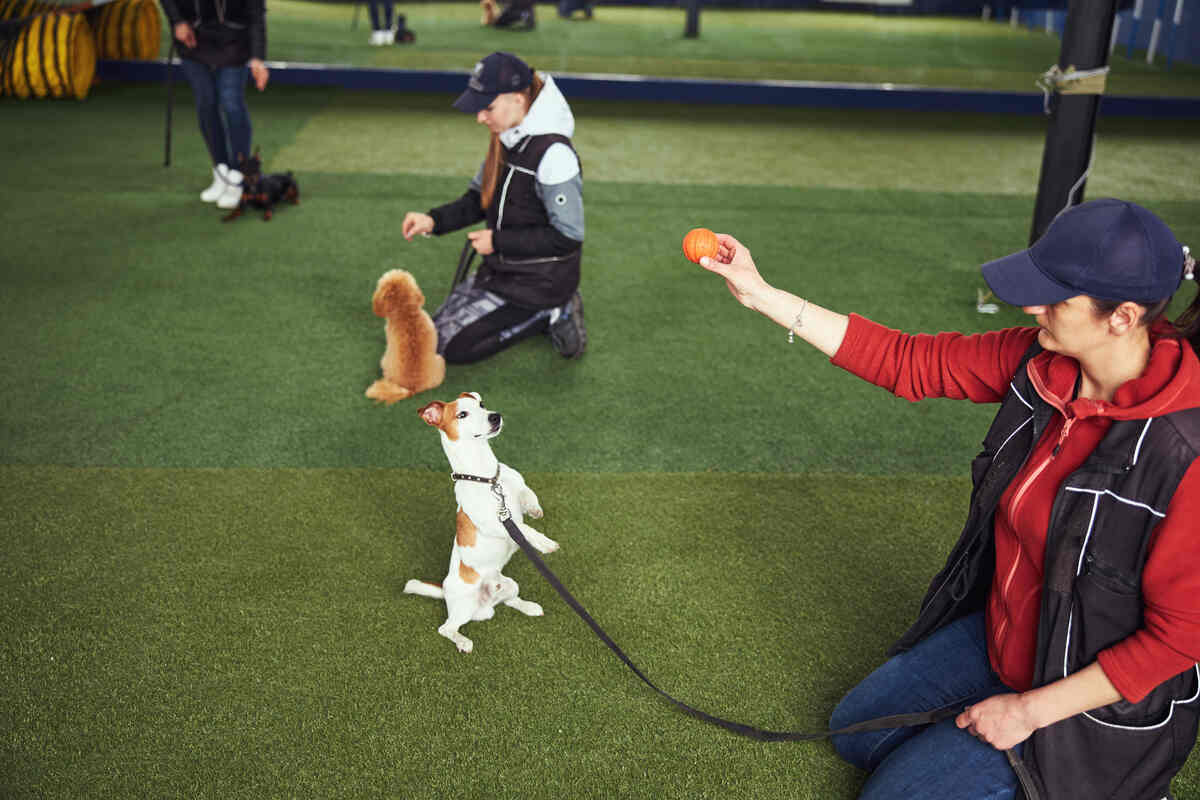
In addition to socializing puppies independently, puppy socialization classes can be a great way to enhance their socialization experience. These classes provide a structured environment where puppies can interact with other pups, people, and different environments in a supervised setting.
They offer a safe space for puppies to learn appropriate social behaviors, such as reading and responding to other dogs’ body language, building confidence in various surroundings, and engaging positively with new people.
What to Expect from Puppy Socialization Classes
So, picture this: your pup, surrounded by a bunch of other furry goofballs, all wagging tails and curious sniffs. That’s the scene you can expect at puppy socialization classes. It’s like a crash course in “Doggy Etiquette 101.” You’ll witness your little furball learning the ropes of dog interaction, figuring out the fine art of play, and navigating the social maze of tail wags and friendly barks.
These classes are like puppy parties but with a purpose – giving your little buddy the skills they need to become the social butterfly of the dog park.
How Can Socialization Classes Benefit Your Puppy?
Okay, so why bother dragging your pup to these social gatherings? Well, think of it as giving them a golden ticket to the doggy world. These classes are the ultimate playground for teaching your pup how to be a cool, calm, and collected canine citizen. They get to rub noses (literally) with other dogs, meet new human pals, and explore different places – all in a safe and supervised setting.
Plus, it’s not just about your pup; it’s a bonding experience for both of you. You learn the ins and outs of your dog’s behavior, how to handle their social escapades, and maybe even pick up a few training tricks along the way. It’s like a win-win for everyone involved – especially your furry friend.
Create a Confident Dog with Our Puppy Socialization Checklist
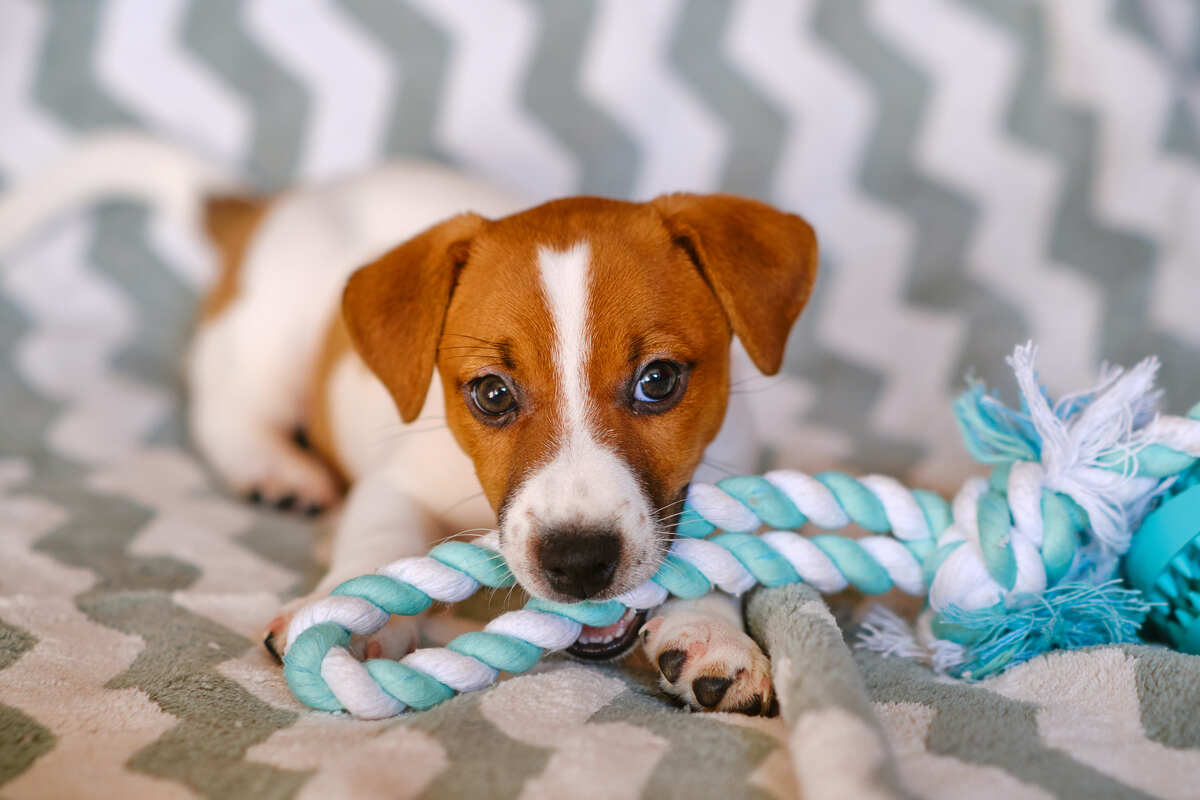
Socialization is a crucial aspect of your puppy’s development. It helps them become well-adjusted, confident, and friendly adult dogs. By exposing your puppy to different people, animals, environments, sounds, and objects, you are preparing them for a lifetime of positive interactions. Remember to start socializing your puppy early, during their prime socialization window, and continue it throughout their first few months.
By following this puppy socialization checklist, you are setting your furry friend up for success and ensuring they have the tools to navigate the world around them with confidence and ease. And make sure to reward them for their good behavior with our delicious, 100% natural, and functional dog treats.
Good luck!
